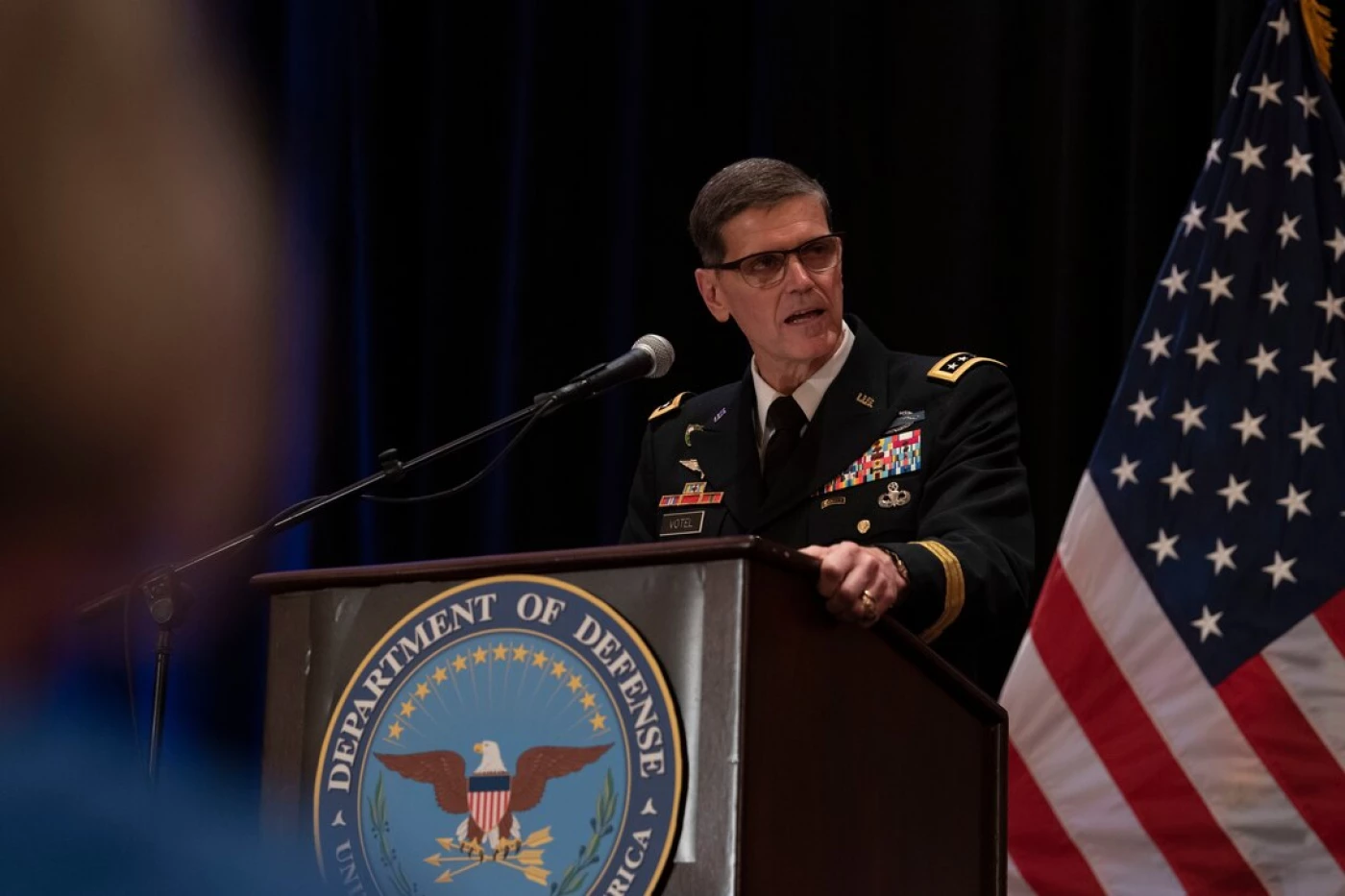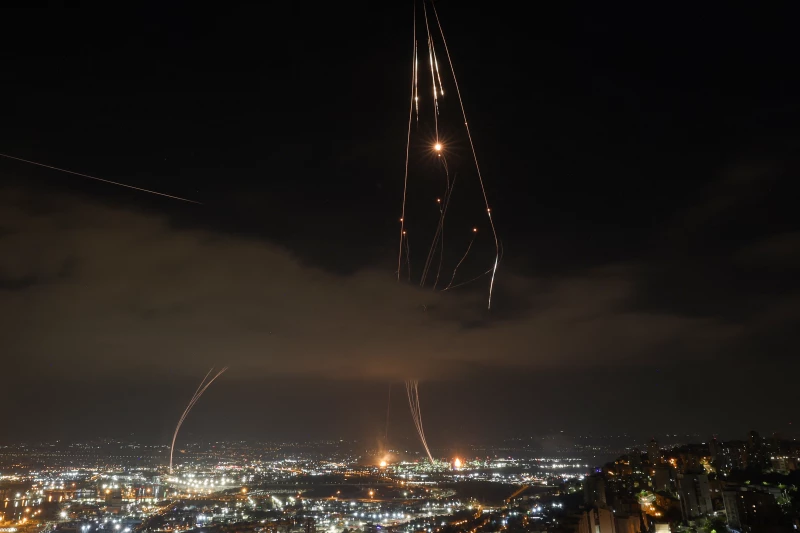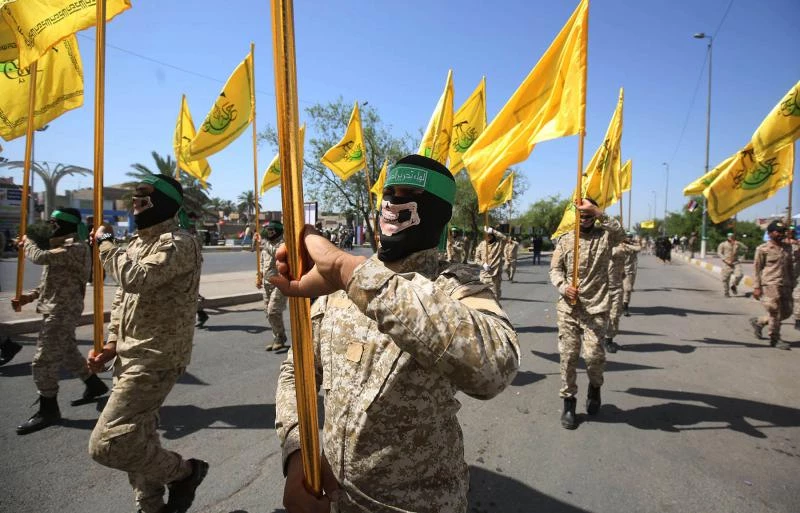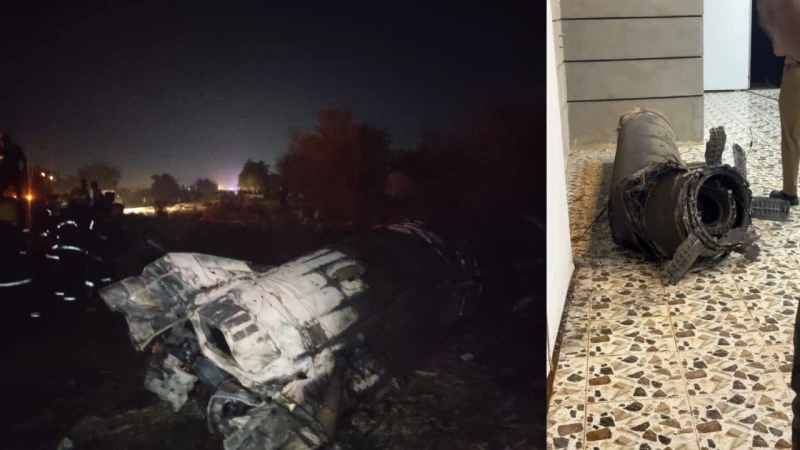ERBIL, Kurdistan Region of Iraq – The former head of the United States’ Central Command (CENTCOM) General Joseph L. Votel spoke to The New Region on Tuesday regarding the ongoing Iran-Israel conflict, saying that he believes the hostilities will not involve other regional actors for now.
“I think, right now, this will remain a direct confrontation between the two countries. If the power and influence of the Iranian regime is undermined by widespread Israeli targeting of the energy sector, very senior civilian leaders and critical public services—that may cause [Iran] to lash out at other Gulf countries or the US,” Votel said.
The retired CENTCOM chief noted that “the Iranian proxy network is not as effective as it once was - but could be used for attacks against Israeli or Western interests.”
The former general's comments amid reports by CNN on Tuesday, citing sources close to the White House, that US President Donald Trump is growing "increasingly warm" to using US military assets to strike Iranian nuclear facilities and shifting away from pursuing a diplomatic solution.
Votel continued by discussing the notion that Iran could halt shipping flows through the strategically important and economically indispensable Strait of Hormuz in retaliation for the Israeli attacks, though he caveated that “this would harm them, right now, as much as anyone else.”
Regarding projections of how the conflict may pan out, the general said that “a long-term engagement would be very destabilizing for the region,” noting the violations of neighboring countries’ airspace, including that of Iraq, present a serious risk and that the chances of a “miscalculation” are high. He affirmed that tensions will remain inflamed until Iran agrees to address its long-term nuclear ambitions via a negotiating process.
Votel warned against the harmful consequences of a drawn-out conflict, saying that it would hamper economic progress by reducing investment in the Middle East and result in a “weak and chaotic” Iran at a critical location in the region.


 Facebook
Facebook
 LinkedIn
LinkedIn
 Telegram
Telegram
 X
X



